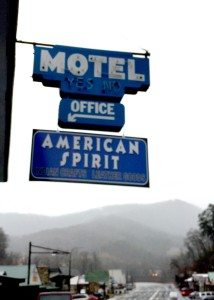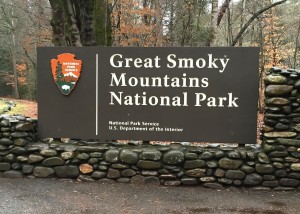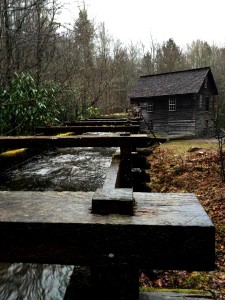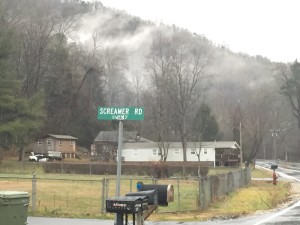Old Mountains

One of the truest lines in the play Cherokee by Lisa D’Amour comes early on: “These are old mountains,” a character says. This line brought to mind for me the memory of my visits to the mountainous Cherokee homelands of North Carolina and Georgia. I have spent immeasurable hours in that region, doing research, thinking, and writing. I could not help but be conscious there, of myself as well as my surroundings.
The Appalachian Mountains hum with 500 million years of old age, and when you are inside them, your bones hum too. In the Appalachians, nature comes before culture, before the categorizations of social identity that we make and hold onto in order to understand ourselves and relate to one another as contemporary Americans. Even very old cultures in the Southeast, like that of the Cherokee people and their Mississippian ancestors, are young and inexperienced in the presence of those ancient mountains.

I found Cherokee to be absorbing, surprising, and also challenging for the way it portrays a small group of people whose lives are turned upside down by the disruptions made possible in nature. In the forest, faced with doubt and mystery, the main characters are compelled to confront the meanings of the lifestyles they have chosen. I came to this play with a keen interest in representations of cross-racial relationships and a background in the study of African American and Native American histories. These themes are important in the story, which features African American, Euro-American and Cherokees characters.

Cherokee subtly plays with notions of primal knowledge, cultural expectation, trickster figures, and racial stereotypes and suggests that bonds of affinity can be forged across these lines of difference. In the documented history of African American and Cherokee encounters in the Southeast, those relationships across lines of difference often took unexpected shape. Some ties were positive; others were negative and tinged by racial conflict. History finds an echo in the experience of Lisa D’Amour’s characters.
Although cultural differences emerge in the play and mediate the characters’ perceptions of one another, the specificity of the racial groups represented by the characters may not be as important in the end as the ways in which individual lives connect and move apart, the ways in which possible futures are drawn and rejected, all against the backdrop of a natural world that is shown to have transformative power.

After experiencing this provocative play, I felt that a curtain of questions hung in the air before me. What did we human beings have before culture? And if human culture were swept away by some unforeseen crisis, what would we do then? How would we begin anew? What kind of social world would we make? Who would be the first to join hands? And would the mountains stand as our witness?